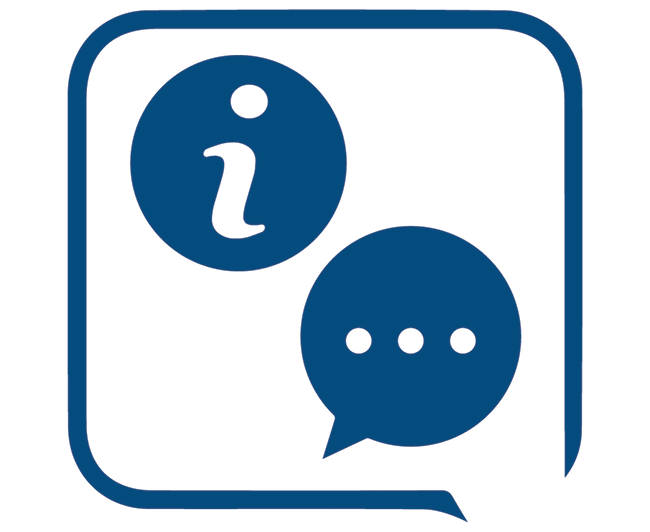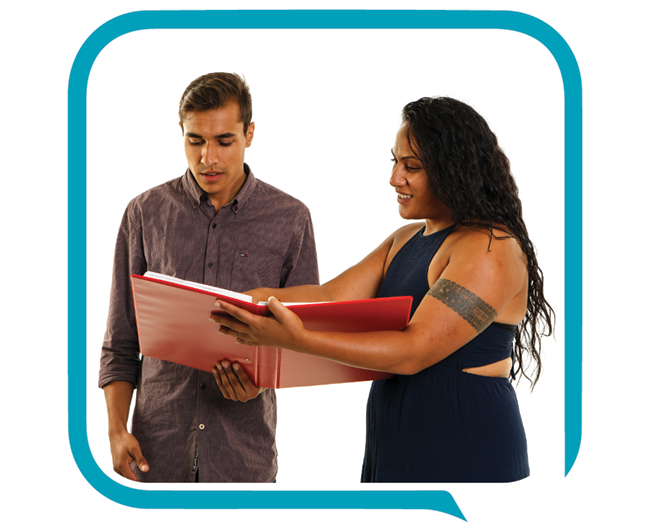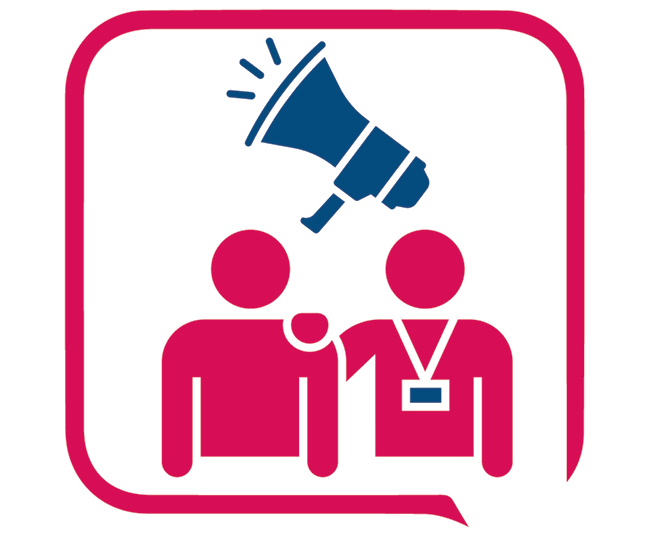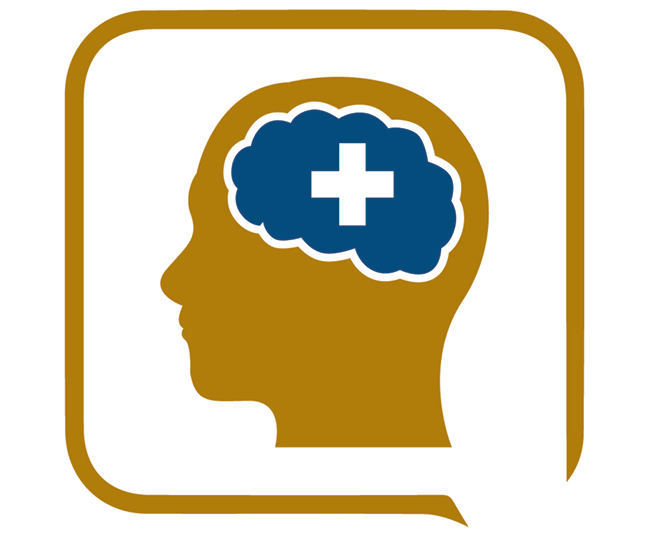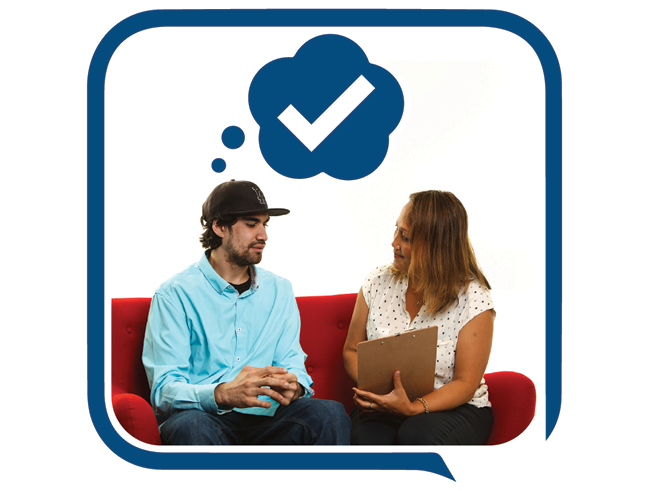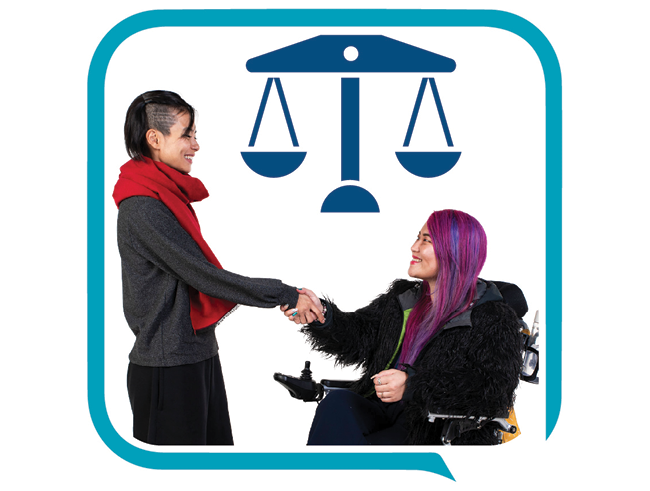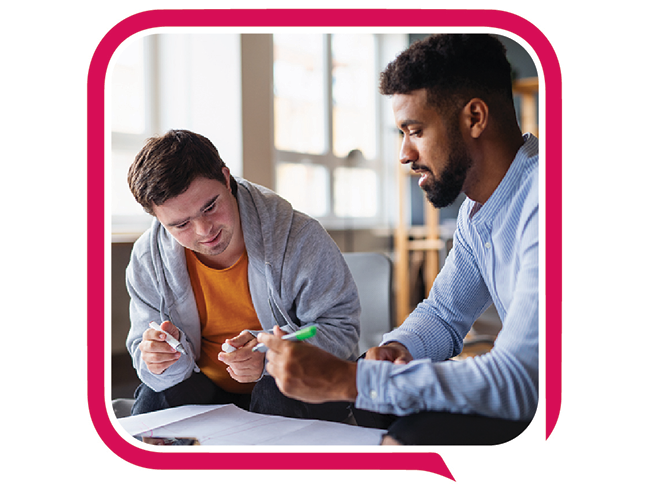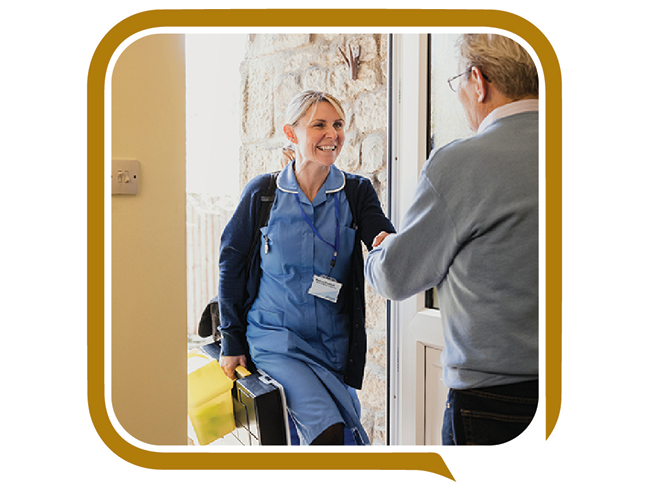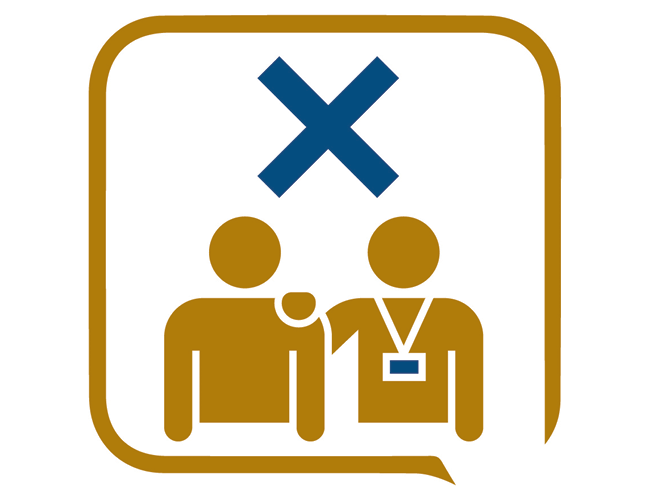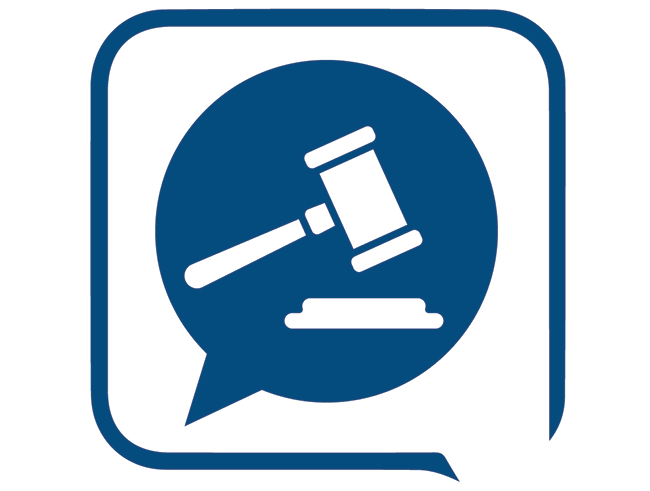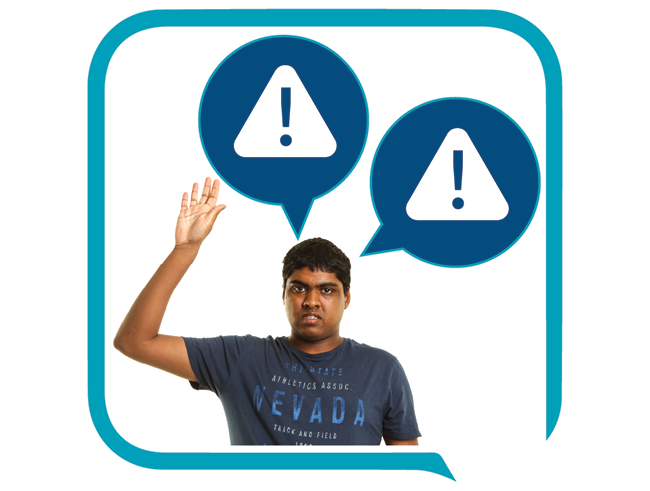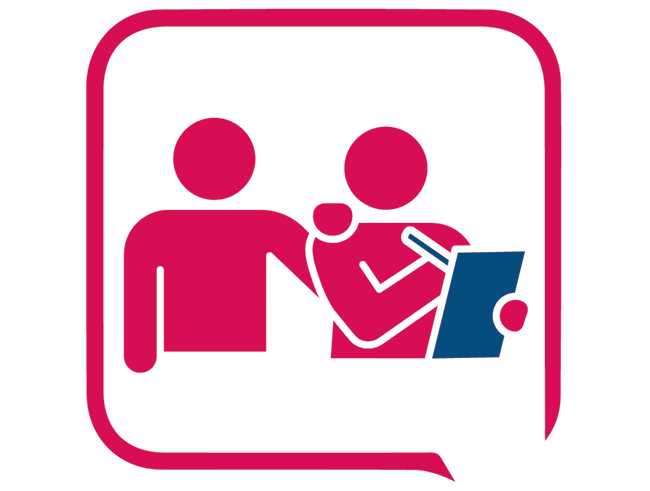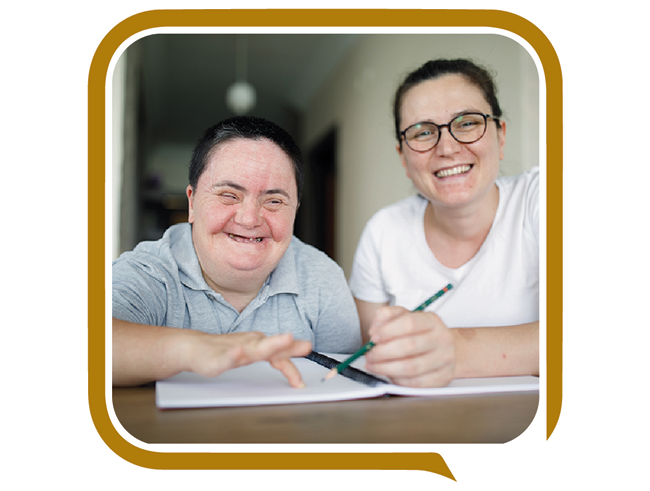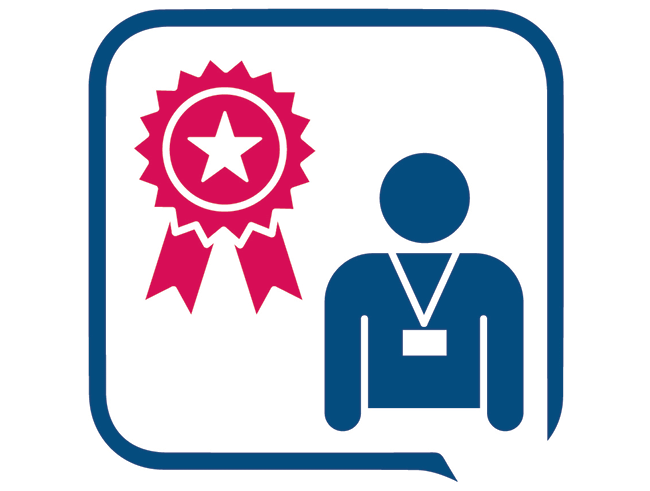About our support services
| Advocacy is when someone: | |
| |
|
| |
|
| |
|
| | We provide advocacy support to people with all types of disabilities. |
| | This includes disabilities that are to do with mental health. |
| | Our services are free. |
How we can support you
| | We can support you to:
|
| | Rights are rules about how everyone must treat you:
|
| | We can support you to build your skills so you can deal with different types of problems. |
| For example, problems with a: | |
| |
|
| |
|
| |
|
How we can’t support you
| | There are some ways we can’t support you. |
| | We can’t give you legal advice. But we can support you to find someone who can give you legal advice. |
| | We can’t help you deal with different problems at the same time. |
| | We can’t help you apply to use services or manage them. |
| | We can’t support you with advocacy if you already have someone who can support you with advocacy. |
| | We might not be able to support you if another advocacy service has the special skills and training to help with your problem. |
| | For example, if you need support at a police station the Justice Advocacy service can support you. They have the right skills and training. |
